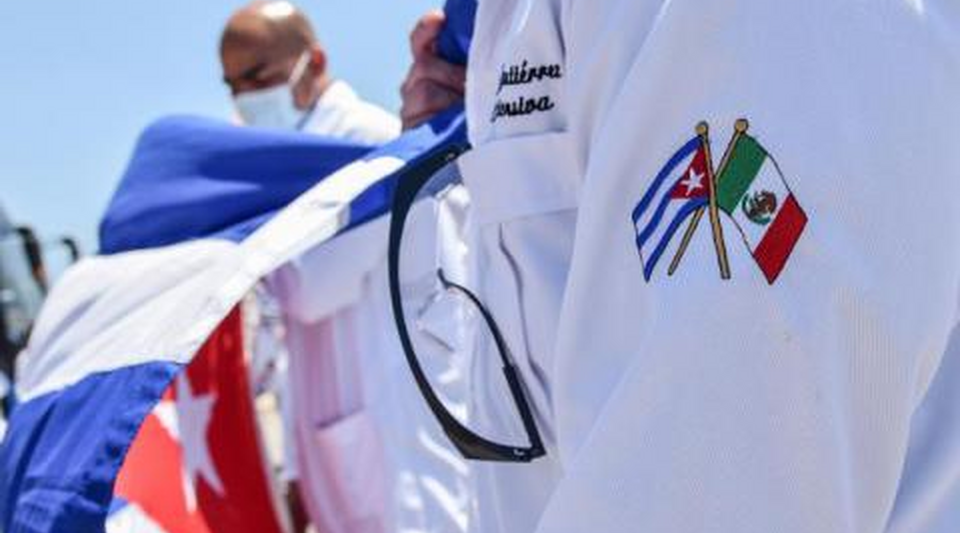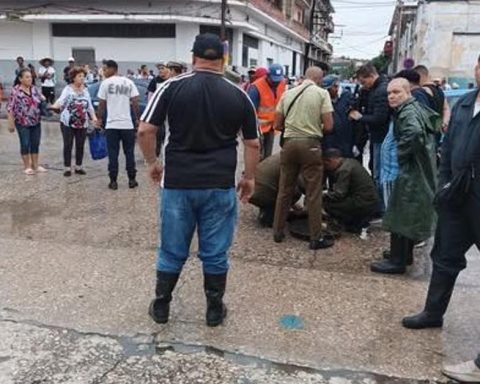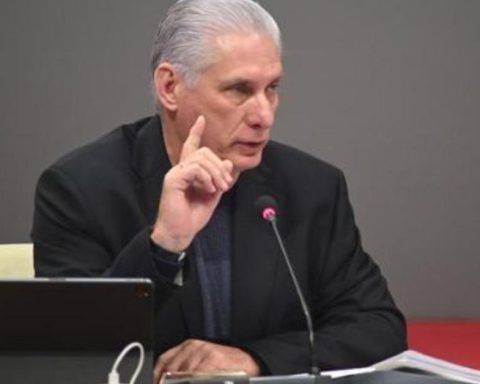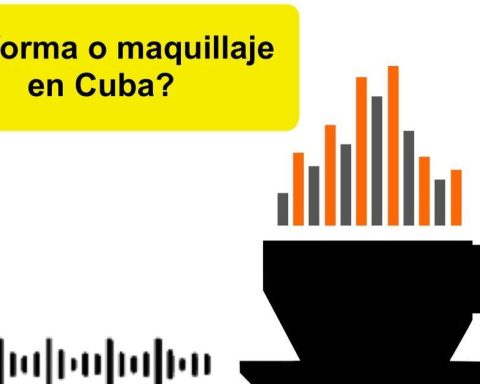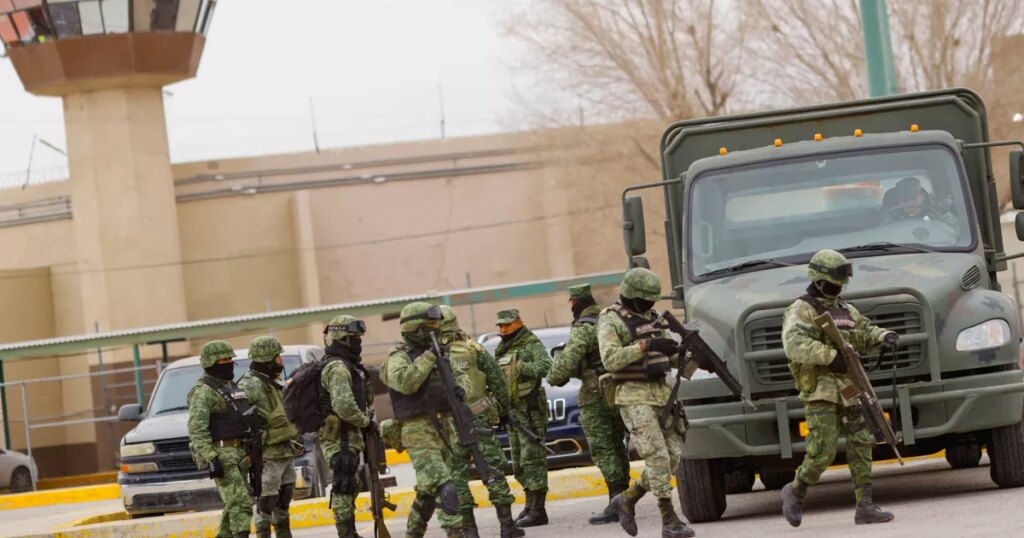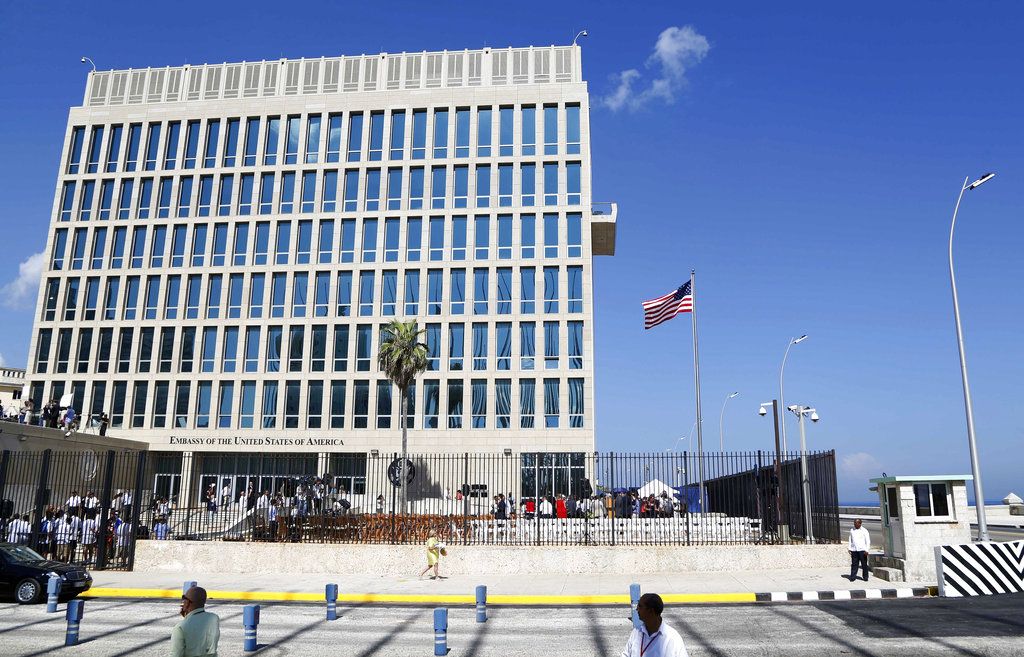“Internationalism is a principle that has characterized Public Health in Cuba since the first Cuban medical collaboration began, in 1963, in Algeria,” the Cuban Foreign Ministry said Tuesday. on his Twitter account. Yesterday, the Ministry of Foreign Relations left significant data in this regard, highly celebrated this Wednesday by the official press: “At this moment, 23,792 Cuban collaborators work in 56 countries.”
The figure, which has given such good economic returns to the coffers of the Cuban State, has only decreased in recent years. In the last 12 months, the drop has been pronounced, since in 2021 it was announced that there were 30,407 toilets posted abroad, specifically to 66 countries. A year earlier, during the outbreak of the pandemic, the figure was somewhat lower, with 28,000 doctors present in 58 nations.
The data was similar in the two previous years, although the presence was more global, more than 30,000 doctors in 2019 and some 28,000 in 2018 in up to 67 countries. However, in 2015, 2016 and 2017, the volume of health professionals serving abroad (62 and 67 countries, depending on the year) was spectacular and doubled the current one, with more than 50,000 people.
In 2015, 2016 and 2017, the volume of health professionals serving abroad (62 and 67 countries, depending on the year) was spectacular and doubled the current
Accordingly, the State’s accounts suffer. According to official data, collected in the statistical yearbooks published by the National Office of Statistics and Information (Onei), in 2021, 4,349 million dollars were collected for the export of health services abroad and a year earlier they were 3,997, compared to 5,382 in 2019 and 6,300 in 2018.
In 2017, the year that marks a before and after, 9,628 million dollars were obtained. The data is in the average of the time, since, according to the official press, around 2014 some 8,000 million convertible pesos (CUC) were obtained from abroad per year, a figure that according to former Minister of Economy José Luis Rodríguez could rise up to 11,543 million dollars on average between 2011 and 2015, which reflects the progressive decline.
It is difficult to confirm exactly the number of professionals who leave each year and, among them, how many do so as part of the international agreements that the Island maintains with other countries and how many in the contingent of doctors specialized in disaster situations and serious epidemics. known as the Henry Reeve Brigade.
In the first case, the program has been running for 59 years in which, according to the authorities, it has served more than 2,000 million patients in 165 countries. In the second, the brigades were created in 2005 and 13,467 professionals have formed part of them, deployed by 55 nations where emergency reinforcements were needed. In this group would be those displaced by earthquakes or epidemics, such as Ebola between 2014 and 2016 and, more recently, covid-19.
Precisely because of the pandemic, Cuban doctors were in more than 40 countries, some of them never visited before, such as Italy either Andorra.
The testimonies that have seen the light have been more and more numerous and have allowed human rights organizations to denounce the conditions of these doctors as slavery.
The reputation of Cuban doctors in international missions has decreased at the same level as its income and headcount. The wave of right-wing governments that swept through Latin America after the arrival of Donald Trump to the US presidency only increased the damage to official business. In a few years, million-dollar contracts were broken with Bolivia, Ecuador and, very particularly, Brazil.
At the same time, they began to transcend in the first person what was previously only an open secret on the Island: the conditions of exploitation of toilet contracts. Doctors, nurses and other personnel receive a high salary in the context of the Island –an incentive that has stopped losing value since the private sector began to leave better salaries than the state ones in the pockets of many Cubans– but they hardly get any 15-20% of what the governments allocate to each of them. The rest goes to state coffers.
In addition, doctors have revealed on numerous occasions how they are prevented from relating to the native population of their destinations, how they are urged to make propaganda in networks while they are prevented from making critical statements against the Government and the surveillance that brigade chiefs – in many occasions with military rank– keep on them. Salaries are also deposited into accounts on the Island that are confiscated if they abandon the mission, something that is becoming more and more frequent despite being penalized with an eight-year ban on returning and, potentially, prison terms.
Thanks to these escapes, the testimonials that have seen the light they have been more and more numerous and have allowed human rights organizations to denounce the conditions of these doctors as slavery. All of this, as well as the multiple complaints from professional unions in the countries of destination and that denounce the way in which their governments cover national positions with foreign personnel, have generated a discredit to which, as a climax, is added the high number of Cuban doctors that emigrates With the current data, the Government may fear that, as has already happened with tourism, the lucrative business of doctors will get out of hand, with the consequent loss of foreign currency.
________________________
Collaborate with our work:
The team of 14ymedio He is committed to doing serious journalism that reflects the reality of deep Cuba. Thank you for accompanying us on this long road. We invite you to continue supporting us, but this time becoming a member of our newspaper. Together we can continue transforming journalism in Cuba.
